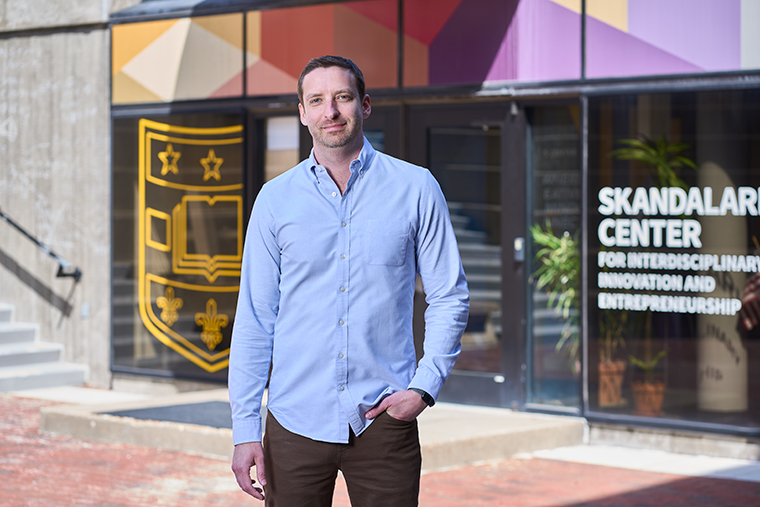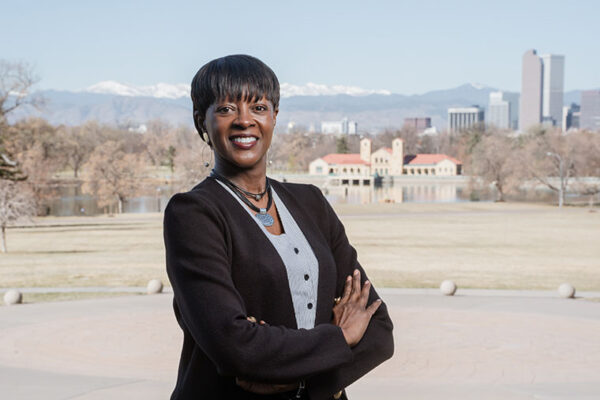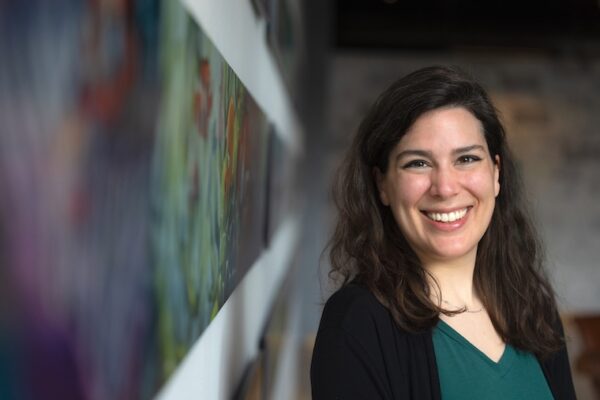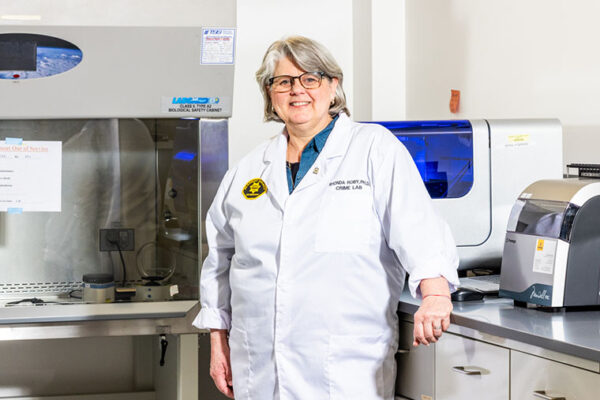Mark Sawyier, AB ’07, didn’t know entrepreneurship would be in his future when he came to WashU. It arrived quickly.
Sawyier was only a sophomore when he launched MovingOffCampus.com with a classmate in 2004. The site began by helping St. Louis–area college students find off-campus apartments, then expanded to multiple states. Sawyier subsequently co-launched Bonfyre, the St. Louis–based company he runs today as CEO.
Bonfyre began in 2012 as a private social networking app that people attending personal and corporate events could use to communicate and share content. Express Scripts, a pharmacy benefit manager, was among its first customers.
Today, Bonfyre has grown into a comprehensive employee engagement platform that organizations like Duke Energy and Medtronic use to recognize and reward employees and build highly engaged teams. The platform translates survey data into suggested action “nudges” — such as celebrations, nominations, team building, communications and polls — that leaders can easily implement and measure to improve workplace culture.
The New York City native wasn’t studying business when he began his entrepreneurial journey. A microeconomics class was the only business-related course he took at WashU. “I certainly could have benefited from business school courses,” Sawyier says, “but I got all of my entrepreneurial experience through doing it.”
He double-majored in Spanish and what is now known as global studies, picking up valuable life and professional skills along the way. “The critical thinking, writing and diligence that you acquire in studying at a school like WashU really played an instrumental role in my development as a person, and also as an entrepreneur, because I learned a lot about how to communicate effectively,” he says.
Working on his thesis on the British New Left was particularly impactful. “I think there’s a lot that you get in terms of perseverance, in terms of stringing together thoughts and doing research,” he says. “All of that is very relevant to entrepreneurship.”
WashU offered another crucial element: a nurturing environment for young executives. “I found the university and programmatic support for entrepreneurs to be really powerful,” he says. “They made it very easy for students to start businesses.”
One resource that Sawyier turned to as a student and later as an alumnus was the Skandalaris Center for Interdisciplinary Innovation and Entrepreneurship. “If I ever needed advice or maybe a connection to someone, they were always willing to help,” he says.
Now, Sawyier is the one helping by attending events and periodically judging pitch competitions. He says, “I got involved in the Skandalaris Center to try to pay it forward a little with whatever experience and help I might be able to offer others.”



